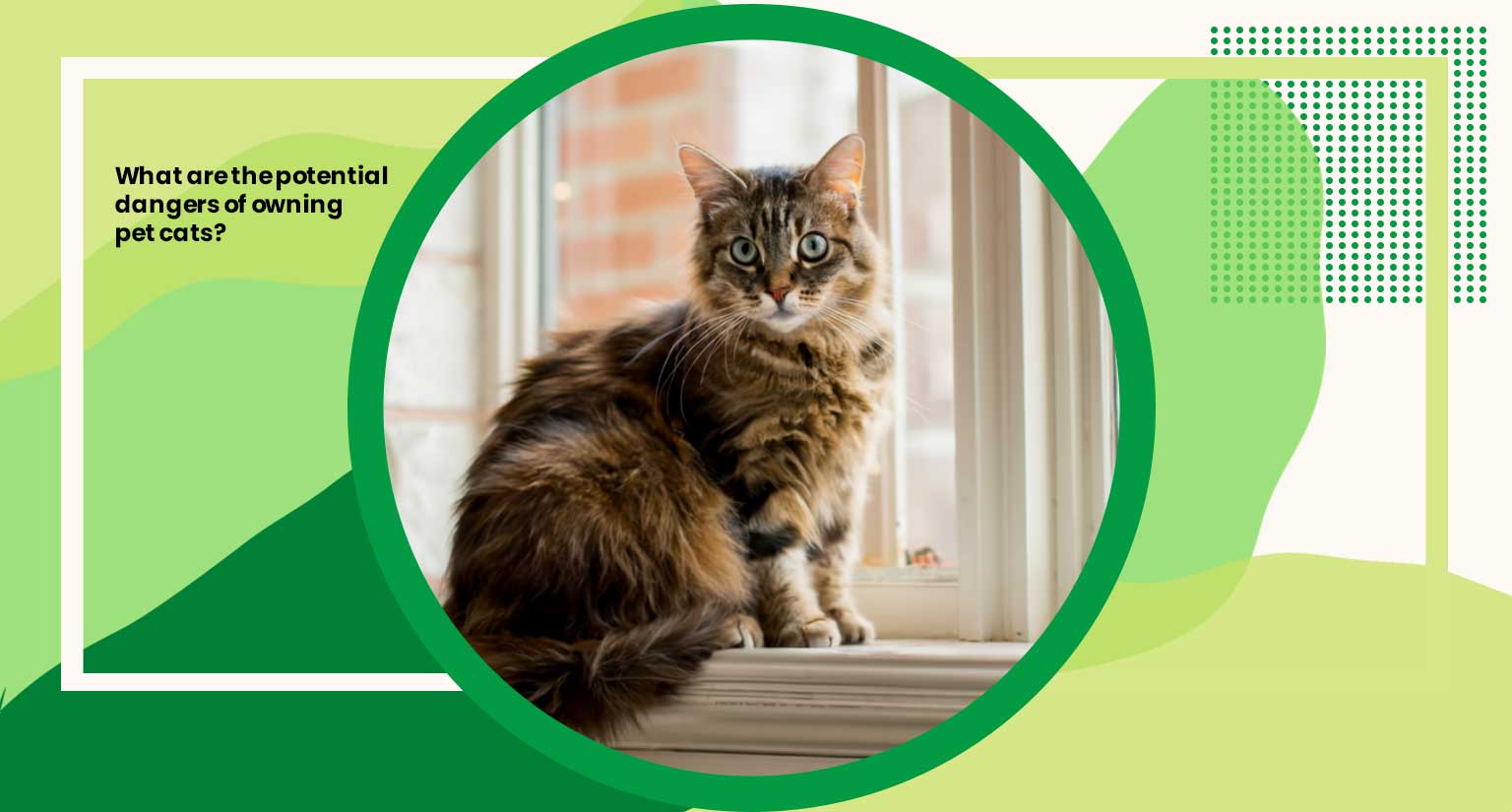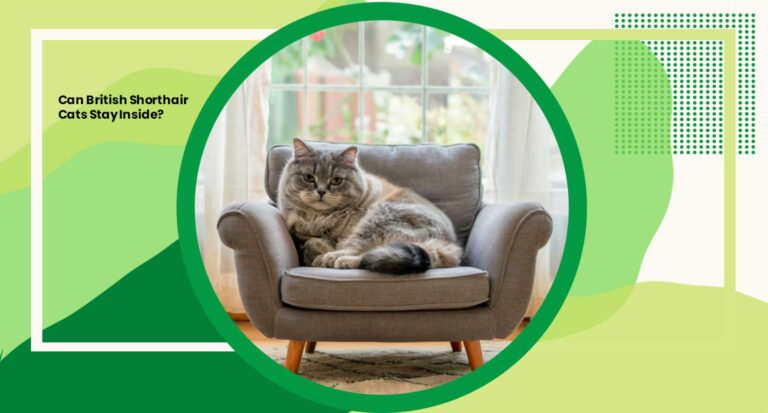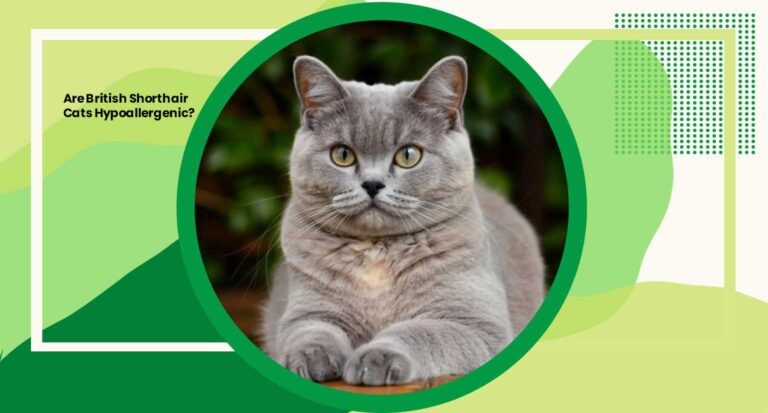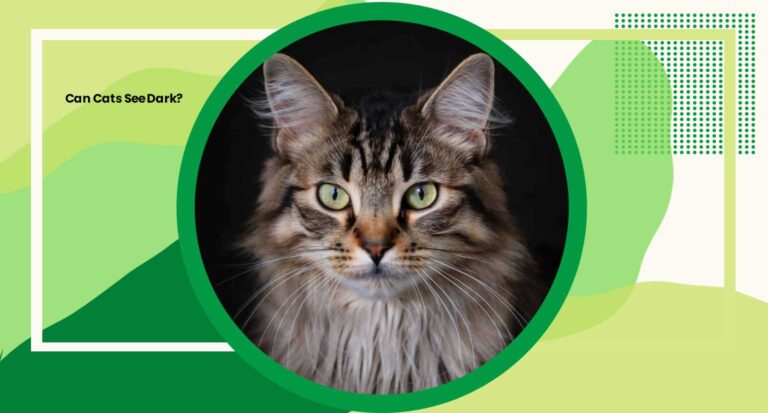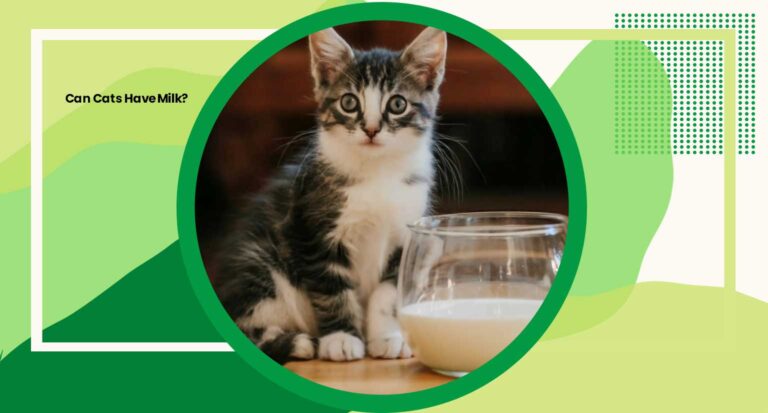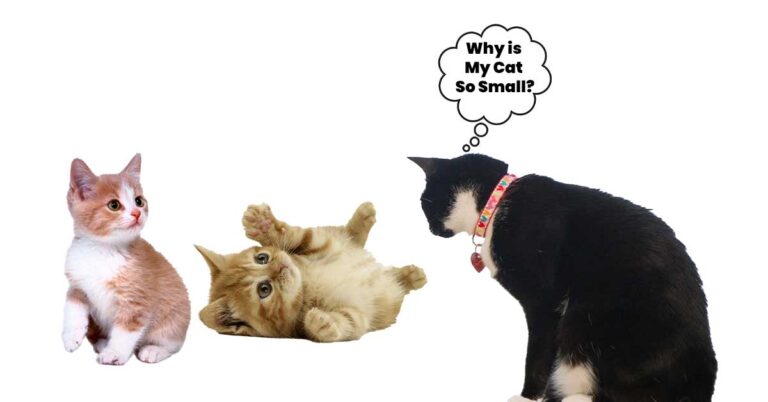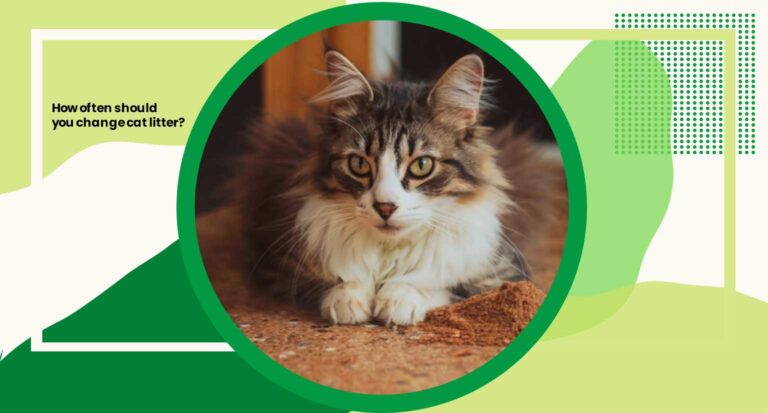What are the potential dangers of owning pet cats? 12 risks to be aware of
In the seemingly serene world of pet ownership, there lies a subtle undercurrent of risks that often go unnoticed. Discovering these potential dangers is crucial for any responsible cat owner. This sheds light on aspects that demand attention, offering insights into the delicate balance between feline companionship and potential hazards.
What are the potential dangers of owning pet cats? Stay informed, vigilant and ensure the well being of your beloved feline friends. The lesser known realm of owning pet cats and unraveling the aspects that demand our careful consideration.
12 Potential Dangers Of Owning A Pet Cat
Allergies and Respiratory Issues
Many individuals suffer from allergies triggered by cat dander, leading to respiratory problems such as asthma. Understanding these allergic reactions is essential for creating a safe environment for both owners and their cats.
Scratches and Bites
Cats, despite their affectionate nature, may exhibit aggressive behavior through scratching and biting. These actions can cause injuries, infections and in rare cases, transmit serious diseases.
Toxic Household Substances
Cats may inadvertently ingest toxic substances commonly found in households, such as certain plants, cleaning products and human medications. Awareness and precautionary measures are imperative to prevent accidental poisonings.
Parasites and Diseases
Felines are susceptible to various parasites like fleas, ticks and worms, which can not only affect their health but also pose risks to human inhabitants. Additionally, cats can carry diseases such as toxoplasmosis and rabies, emphasizing the importance of regular veterinary care and preventive measures.
Indoor and Outdoor Hazards
Both indoor and outdoor environments harbor potential hazards for cats. From household appliances and electrical cords to outdoor dangers like traffic and predators, awareness of these risks is crucial for safeguarding your cat’s well being.
Obesity and Nutrition related Issues
Improper diet and lack of exercise can contribute to obesity in cats, leading to a myriad of health problems such as diabetes, arthritis and heart disease. Understanding proper nutrition and promoting an active lifestyle are essential for maintaining optimal feline health.
Stress and Behavioral Problems
Changes in the environment, routine or social interactions can induce stress in cats, manifesting in behavioral issues like aggression, urine marking and excessive grooming. Recognizing signs of stress and providing a stimulating, comfortable environment can help alleviate these problems.
Zoonotic Diseases
Cats can transmit certain diseases to humans, known as zoonotic diseases, through scratches, bites or contact with contaminated feces. Awareness of these diseases, such as cat scratch fever and ringworm, is crucial for practicing proper hygiene and seeking timely medical attention if necessary.
Accidental Injuries
Cats are naturally curious creatures prone to exploring high places, tight spaces and precarious situations, increasing their risk of accidental injuries such as falls, fractures and entrapments. Creating a safe and cat friendly environment minimizes these risks.
Psychological Well being
Cats, like humans, require mental stimulation and social interaction to maintain their psychological well being. Lack of environmental enrichment, socialization and companionship can lead to boredom, loneliness and anxiety, affecting their overall quality of life.
Cost of Ownership
Owning a cat entails various expenses, including veterinary care, food, grooming supplies and other essentials. Understanding the financial commitment involved is crucial for providing adequate care and ensuring the long term health and happiness of your feline companion.
End of Life Considerations
Pet ownership comes with the inevitable reality of end of life decisions. Understanding the emotional and practical aspects of euthanasia, palliative care and bereavement support is essential for navigating this challenging journey with compassion and dignity.
Awareness of these potential dangers empowers cat owners to proactively address risks, prioritize their cat’s welfare and foster a safe and nurturing environment for their beloved companions.
10 Health Benefits Of Owning A Pet Cat
Stress Reduction and Relaxation
Interacting with a pet cat can promote relaxation and reduce stress levels. The soothing presence of a cat, coupled with the rhythmic sound of purring, has been shown to lower cortisol levels and induce feelings of calmness and tranquility.
Companionship and Emotional Support
Cats provide companionship and emotional support to their owners, offering unconditional love and affection. The bond between humans and cats can alleviate feelings of loneliness, depression and anxiety, fostering a sense of emotional well being.
Physical Activity and Exercise
Engaging in play and interactive activities with a pet cat encourages physical activity and exercise. Whether chasing a toy or engaging in structured play sessions, cat ownership promotes movement and helps maintain an active lifestyle for both the cat and its owner.
Cardiovascular Health
Studies have suggested that owning a pet cat may be associated with a reduced risk of cardiovascular disease. The calming presence of a cat can help lower blood pressure, reduce heart rate and decrease the risk of heart related ailments over time.
Mood Enhancement
The playful antics and affectionate gestures of a pet cat can lift spirits and enhance mood. Spending time with a cat releases endorphins and serotonin, neurotransmitters known to promote feelings of happiness and well being.
Social Interaction
Pet ownership, including owning a cat, encourages social interaction and facilitates connections with others. Cats can serve as conversation starters and help forge friendships, particularly among cat enthusiasts and fellow pet owners.
Routine and Structure
Caring for a pet cat instills a sense of routine and structure in daily life. From feeding and grooming to playtime and companionship, cats thrive on consistency, providing their owners with a sense of purpose and responsibility.
Immune System Boost
Growing up with a pet cat has been linked to a strengthened immune system in children. Exposure to pet dander and other allergens early in life may help reduce the risk of developing allergies and autoimmune disorders later on.
Pain Management and Healing
The therapeutic effects of owning a pet cat extend to pain management and healing. Studies have shown that petting a cat can release endorphins, natural painkillers that help alleviate discomfort and promote faster recovery from illness or injury.
Sense of Fulfillment and Purpose
Owning a pet cat provides a sense of fulfillment and purpose, as caregivers take on the responsibility of meeting their cat’s needs and ensuring their well being. The bond formed between a cat and its owner fosters a profound connection that enriches both lives.
Owning a pet cat offers numerous health benefits, including stress reduction, companionship, physical activity, cardiovascular health, mood enhancement, social interaction, routine, immune system support, pain management and a sense of fulfillment.
Embracing the joys of cat ownership contributes to a happier, healthier and more fulfilling life for both cats and their human companions.
Conclusion
In the tapestry of feline companionship, awareness is the key to responsible ownership. Acknowledging the potential dangers, from allergies and scratches to toxic exposures and zoonotic diseases, empowers cat owners to create safe havens for their beloved pets.
By prioritizing preventive measures, veterinary care and a nurturing environment, individuals can navigate the complexities of cat ownership with confidence and responsibility. Balancing the risks and rewards ensures a harmonious coexistence, fostering a bond that withstands the challenges. Stay informed, stay vigilant and cherish the unique connection that owning a pet cat brings.

